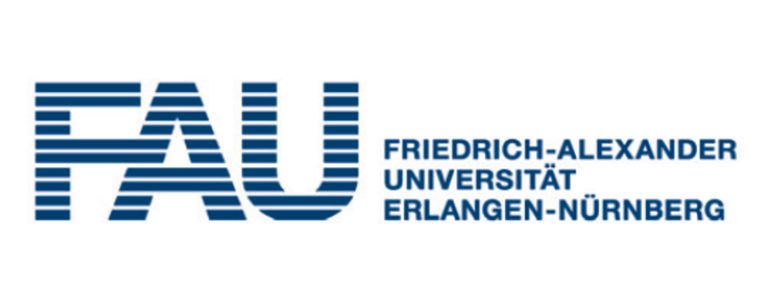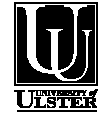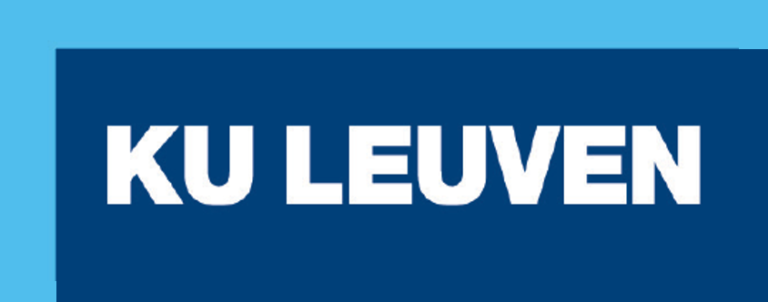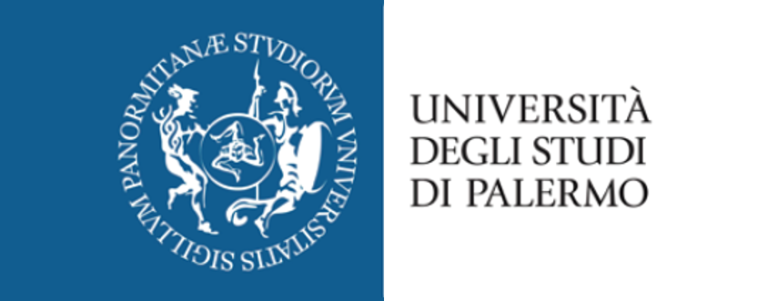



The multiple facets of modern sheet metal manufacturing techniques are
applied throughout a wide spectrum of economy, ranging from the
automotive industry and machine manufacturing to electrical
engineering and electronics. This wide range of applications means
that sheet metal manufacturers produce parts from a few grams up to
1,000 kg and more, from electrotechnical parts up to components
in automotive industry, as well as batch sizes ranging from just
at a few pieces to mass production. Worldwide, around 12,300 companies
employing 600,000 workers produce sheet metal goods worth over 732
billion US dollars (all numbers reflect the situation in 1999). These
are impressive numbers for sheet metal
manufacturing, to which forming processes are central, but also for
cutting and joining technologies with their increasing importance. All
of these processes have developed dynamically in the recent past, and
this trend will no doubt continue. The automotive industry is the main
impetus worldwide for new developments as is seen in its efforts to
optimise lightweight constructions. Basic research at universities has
been instrumental in promoting new developments through a better
understanding of materials and processes. As we are standing at the
very beginning of a new millennium, a new achievement profile for the
sheet metal industry is emerging which will foster a fast and
economical product development process.
One such interdisciplinary arena is promoting the close cooperation
betwen material scientists, technologists, manufacturing engineers
and computer scientists in academia and industry. This cooperation is
supported by the SheMet conference Series, which was founded in
Birmingham, England, in 1993, and since has been hosted in yearly
rotation by the University of Central England in Birmingham, the
University of Ulster at Jordanstown, Northern Ireland, the
University of Twente in the Netherlands, the Institute of Manufacturing
Technology of the Friedrich-Alexander-Universität Erlangen-Nürnberg, Germany.


By now the conference has moved to a biennal schedule, furthermore the
Katholieke Universiteit Leuven, Belgium and the University of Palermo, Italy
have joined the group of organizers whereas the University of Twente
has momentarily stopped hosting the conference.
The aim of the conference is to provide a forum for researchers form
university and industry representatives to exchange and discuss new
developments in sheet metal processing.

Due to changes in the academic structures of Great Britain the British host
is named Birmingham City University. This is not a change in organisers or
participating institutions, but a change in names alone.
By now the Birmingham City University has stopped hosting the conference for the time
being. This is due to a shift in research focii at the University.
The aim of the conference is not changed. The success in pursueing it even in
difficult times documented by a still high number of both qualified papers and
participants in the conference.


For the time being the University of Ulster has stopped hosting the conference.
The organizers have been joined by the Universidade de Lisboa, Portugal and the
Universitšt Paderborn, Germany. Having 5 active organzing universities will ensure
the continued visibility and attractiveness of the conference through a broad participation
from many countries.